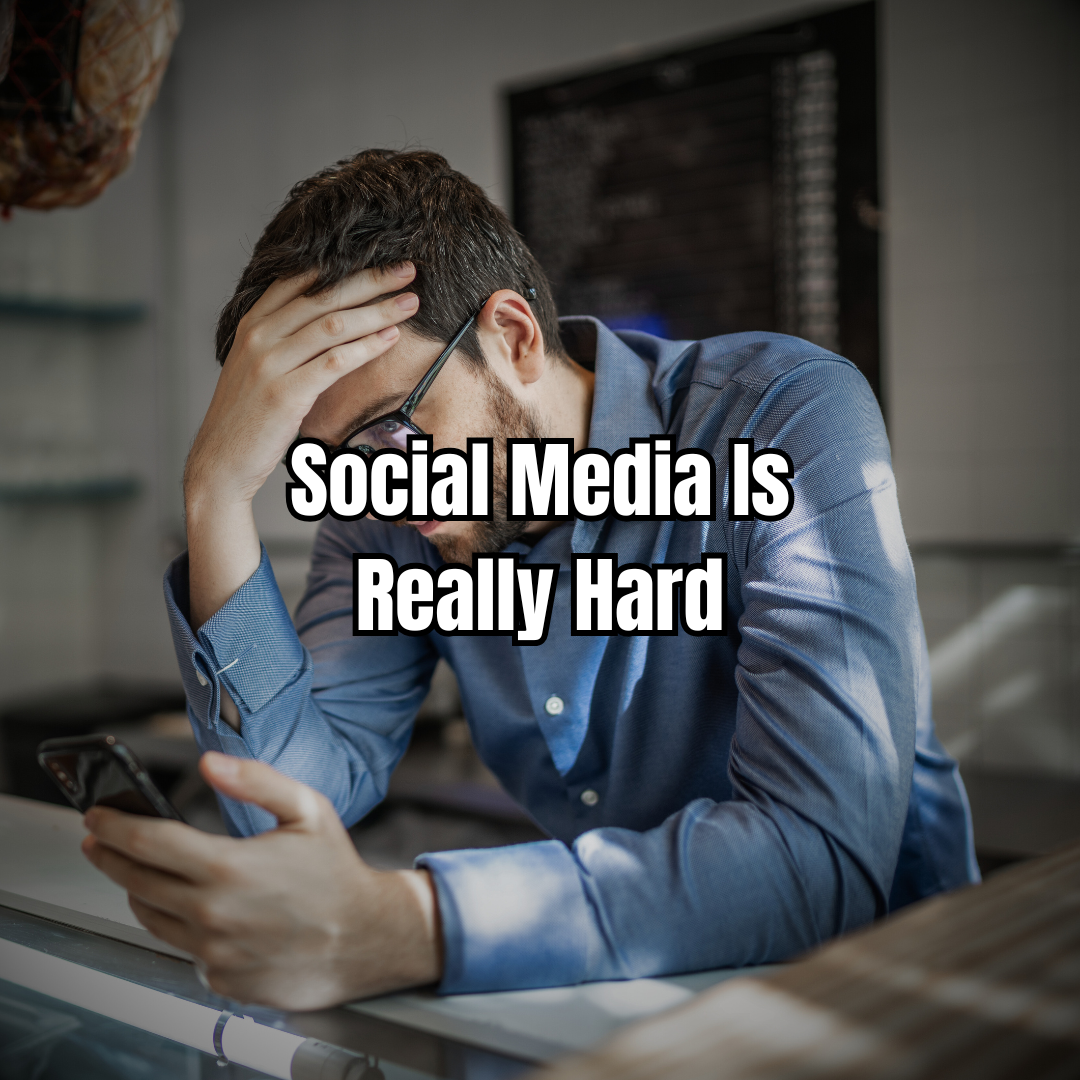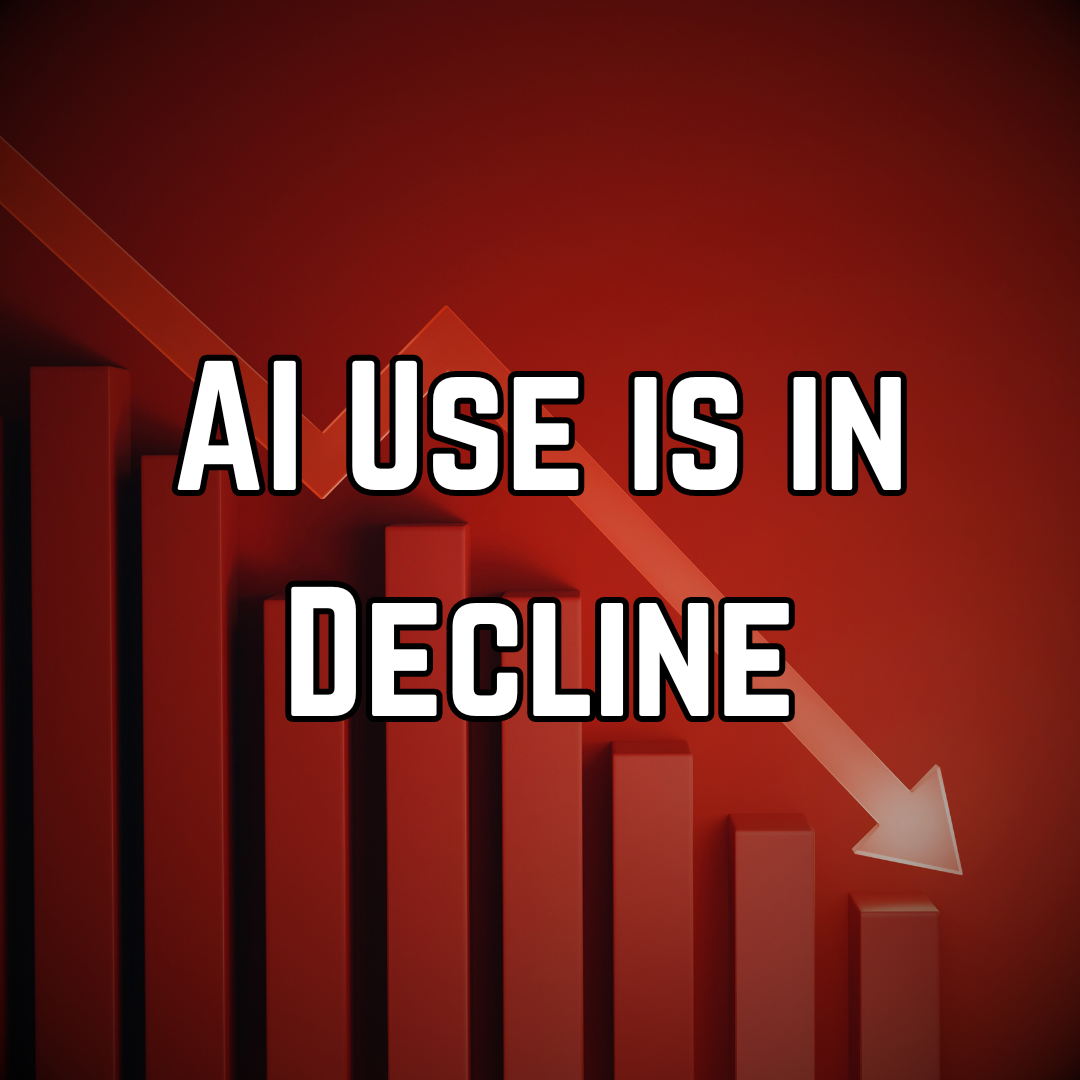Why Is Organic Social Media So Hard for Businesses?

You're not imagining it. The platforms are working against you. But that doesn't mean you should quit.
The Platforms Don’t Want You to Win
Why is organic social media so hard for businesses?
The quick answer: none of the platforms want you to be successful. That’s not their goal. Their only goal is to sell ads. Everything else supports that. Zuckerberg didn’t build a billion-dollar empire by helping small businesses grow for free. Neither did TikTok, YouTube, or Instagram.
The 3 Types of Social Media Users (According to the Platforms)
Social platforms sort users into three main groups:
1. Ad Buyers
These are the people who pay for ads. You might assume this group is highly valued. Not exactly. The platforms need this group, but they often treat them poorly. Ads get rejected for no reason, support is non-existent, and tools break constantly. The platforms make things confusing and wasteful, by design.
2. Content Creators
These are the folks creating the viral dance videos, sketch comedy, music clips, and cat content. The platforms love them because they keep users scrolling. More scrolling means more ads shown. Platforms don’t create content. They rely on people to make it for them, and most creators do it for free.
3. Targets
That’s everyone else. If you’re not making viral content or spending on ads, the platforms consider you a target. You’re here to be shown ads. That includes most business pages, even if you label yourself a “business account.” Unless you’re spending real ad dollars or going viral regularly, your reach is limited.
Why Your Organic Reach Is So Low
If you’re a small business owner, chances are you’re in the “target” group. You’re not going to get handed reach or engagement for free. That’s not how the platforms make money.
Yes, you can try to trick the algorithm with entertaining videos, but that doesn’t always help. A funny video that gets thousands of views is nice—but if none of those viewers are your actual customers, what did you really gain?
Read: What Metrics Actually Matter for Small Business Marketing
So Why Bother With Organic Social?
Because it’s still worth doing. You just need to adjust your expectations.
Here’s Why Organic Social Media Still Matters:
- People will look you up before they buy.
If your last post was from 2017, you look like you’re out of business. - It helps establish credibility.
Active pages show people that you’re real and engaged. - You still get reach, just smaller.
A post with 200 views is still 200 impressions. Imagine being invited to speak to 200 people. You’d show up. - It’s free (sort of).
It costs your time and effort. But in a world where ads cost more every month, that’s a valuable asset.
The Problem Is Unrealistic Expectations
Business owners often expect millions of views, leads pouring in, and content going viral overnight. That’s not how it works. Organic growth is a slow grind. You have to earn your reach.
What You Should Do Instead:
- Post 3 to 5 times per week
- Focus on helpful, relevant content
- Be consistent for the long haul
- Track results that matter, like branded search and direct traffic
See: How to Track Brand Awareness in Google Analytics
Final Word: Just Don’t Quit
Organic social media won’t make you rich overnight. But it can build trust, improve awareness, and help you stay top-of-mind. You won’t see the impact immediately, and that’s what makes it hard. It’s not fast. It’s not sexy. But it’s effective, if you stick with it.
So don’t stop posting just because you're not going viral. Post because you're building something bigger than impressions.


